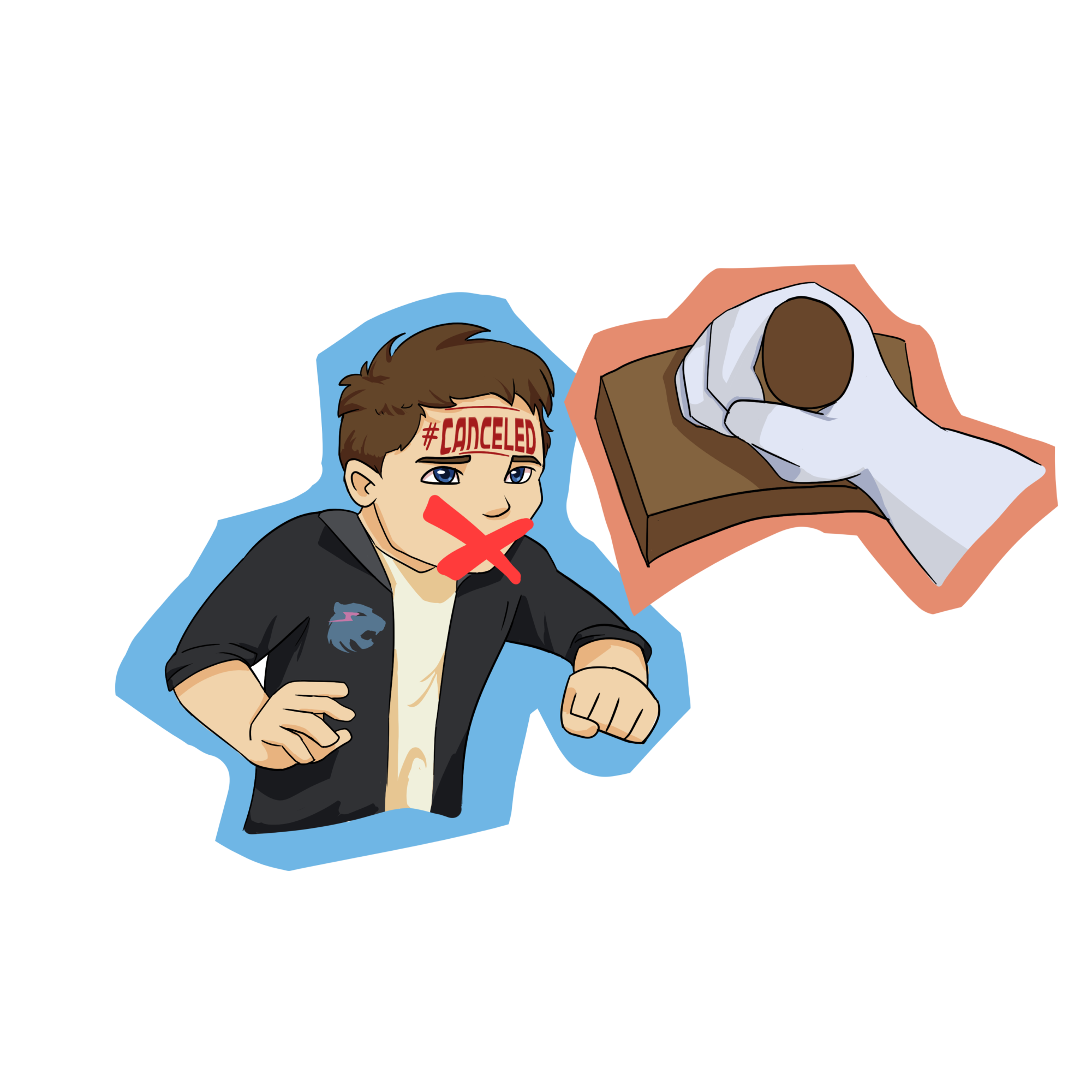Cancel culture targets influencers for a variety of reasons. Dr DisRespect, a popular gaming streamer, faced allegations of sending messages to a minor. According to a Newsweek article, MrBeast was canceled for having prior knowledge of the pedophile allegations against Ava Kris Tyson, one of MrBeast’s long-time collaborator, as well as for many others.
But is cancel culture really the best solution? Sure, there are cases where ill-natured actions or behavior need to come to light, as in the case of criminals like Dr DisRespect. But there are also an equal number of cases where people have been canceled for petty, insignificant reasons.
For example, in 2020, Lana Del Ray was criticized after some fans interpreted her lyrics as anti-feminist, even though this was not the singer’s intention.
In her own defense, Del Ray wrote in an Instagram post, “Now that Doja Cat, Ariana (Grande), Camila (Cabello), Cardi B, Kehlani and Nicki Minaj and Beyoncé have had number ones with songs about being sexy, wearing no clothes, f–king, cheating etc – can I please go back to singing about being embodied, feeling beautiful by being in love even if the relationship is not perfect, or dancing for money – or whatever I want – without being crucified or saying that I’m glamorizing abuse??????”
Del Ray is only one of many celebrities who have been canceled for subjective reasons. The average internet user will see others’ comments and criticisms, and, without doing any background research to form their own opinions, conform to mob mentality and join the hate train. Even when celebrities are in the wrong, their livelihoods and chances for redemption should not be ruined because of a mistake, especially if they choose to own up to it.
Cancel culture is more than just mob mentality on screens, though. It can bleed into our own communities and schools. If we’re taught on the internet to shame others for every mistake, we may be less forgiving of our friends. If we take opportunities to gang up on a person for a misstep, we may become bullies ourselves. If we don’t give people the benefit of the doubt, we risk becoming ignorant.
There is a line between bringing criminal acts to light and being too harsh on the people we hold up on pedestals. We should take what others say with a grain of salt and give people chances, not punishments.


